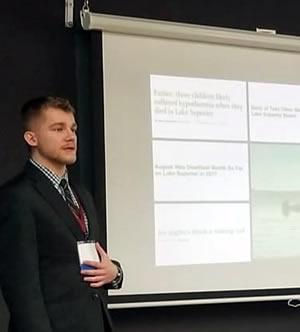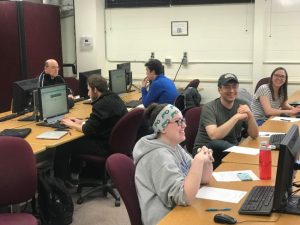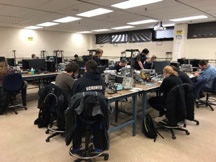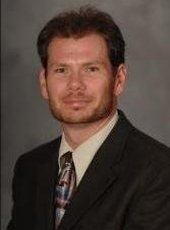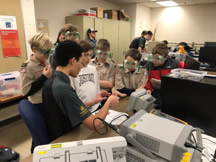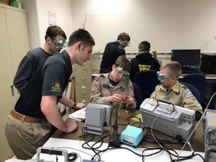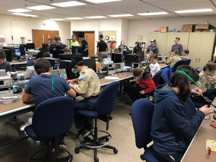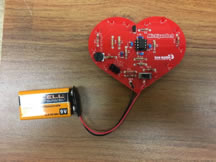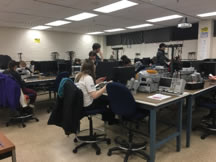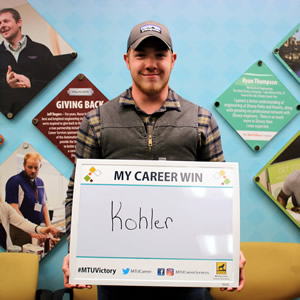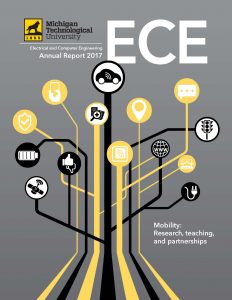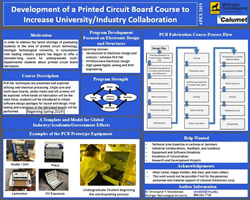
Michigan Tech’s new course in printed circuit board (PCB) manufacturing is the topic of a series of columns in I-Connect 007. The second column “Better to Light a Candle” Chapter Two—Introduction to PCB Fabrication,” by Marc Carter, features an interview between Marc Carter, Christopher Middlebrook (ECE), and the students in the PCB manufacturing class.
Better to Light a Candle: Chapter Two—Introduction to PCB Fabrication
Editor’s Note: This column is part of a series on a new university course in PCB manufacturing at Michigan Technological University. Marc will chronicle the progress of this class, interview the guest lecturers, introduce the students, etc. The interview with students was also edited for clarity.
In my first column, I reported on a grassroots effort being started to prepare the next generation of printed circuit board (PCB) “experts.” A fortunate alignment of academia, the industry, resources, and concerned, well-seasoned board geeks came together to pass on PCB experience to the next generation through a very practical design, build, assemble, and test opportunity at Michigan Technological University (MTU). I also shared the thoughts of a few of the many people that were key players in getting this effort started.
As a reminder, “EE4800: Printed Circuit Board Fabrication” is a hands-on class intended to give engineering undergraduate students an introduction to the basics of printed circuit design, fabrication, and assembly, which started on January 14 of this year. A high-level overview of the course, it’s approach, and goals can be seen in the poster shared at several events at IPC APEX EXPO 2019 in San Diego, California (Figure 1).
Read more at I-Connect 007, by Marc Carter.
Related:
Better to Light a Candle: Chapter One—Prepping the Next Generation
